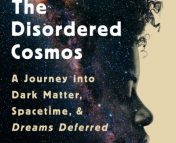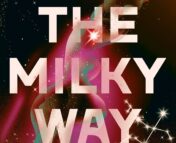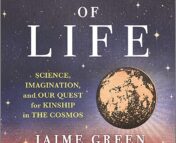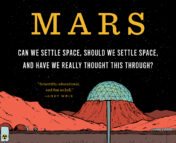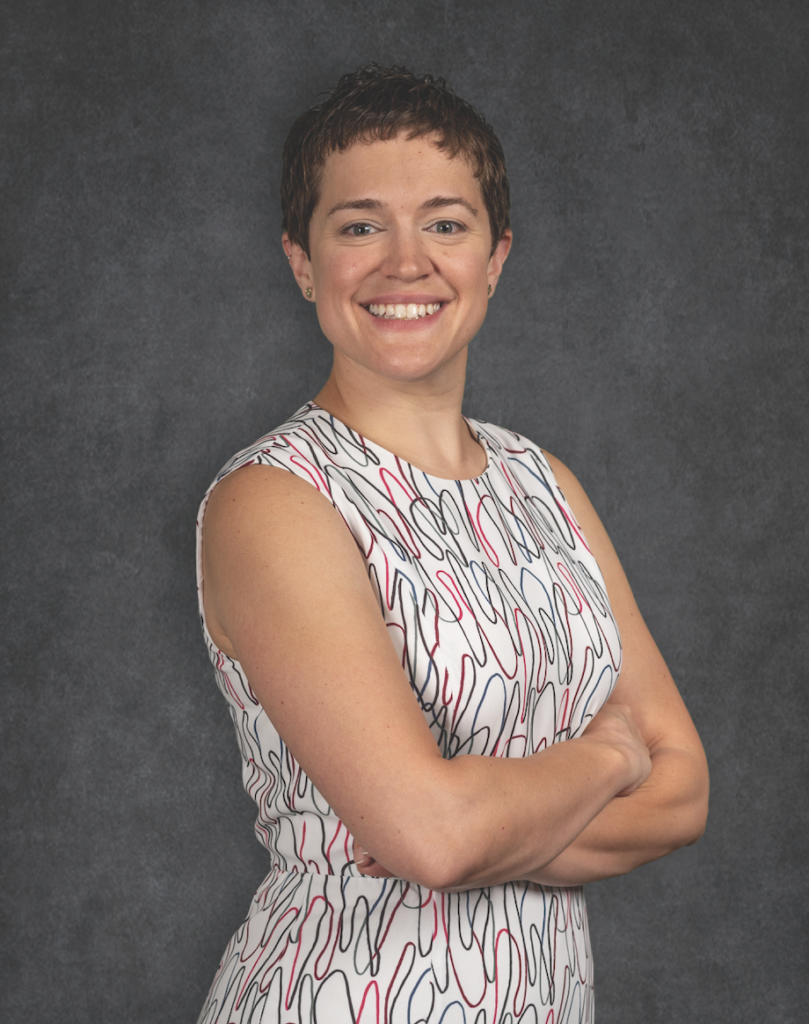
In her first popular science book, “The Last Stargazers,” Dr. Levesque brings her passion for astronomy to a broader audience, offering a glimpse into the life of professional stargazers and the often unexpected journey of scientific discovery. It has been an enormous success, earning accolades like Amazon’s Best Book of 2020 and becoming a finalist for prestigious awards such as the Royal Society Science Book Prize.
Dr. Emily Levesque is a professor of astronomy at the University of Washington, where she explores the fascinating world of the biggest and strangest stars in the universe—how they evolve, meet their end, and everything in between.
“An astronomer sounds like a romantic and dewy-eyed sort of job.”
When you hear the word “astronomer,” you might picture someone blissfully gazing at the night sky, maybe with a telescope in hand and a head full of dreams. We’ve all had those magical moments when we look up at the stars and feel a sense of wonder, or maybe we’ve been inspired by Carl Sagan or Stephen Hawking. But there’s more to being an astronomer than just stargazing, and that’s where this book comes in.
The idea of what it means to be an astronomer has changed significantly and quickly! We’ve gone from peering through tiny telescopes to using massive ones (like the planned Thirty Meter Telescope), even ones orbiting in space (like JWST). Instead of sketching our observations by hand, we now save them digitally on Charge Coupled Devices (CCDs). We don’t just work with visible light anymore; we explore the whole electromagnetic spectrum and even use gravitational waves for multi-messenger astronomy. Instead of braving the cold while hunched over a telescope, we can now control them remotely from the comfort of our couches. And instead of struggling to gather enough photons, we’re now swamped with million gigabytes of it, facing a whole new set of challenges. This book dives into all these changes and shows what it was to be an astronomer before and what it’s like to be an astronomer today.
Dr. Levesque takes us behind the scenes and shares stories that bring the experience to life, mixing personal anecdotes with a dash of humour and a bit of history and science. It’s a refreshingly honest take on a profession that’s often wrapped in a bit of mystery. She also spills a bunch of insider stories from different observatories, giving us a peek into the behind-the-scenes world of astronomy. It’s refreshing to realise that astronomers are just like everyone else—real people with real experiences—only with a seriously cool job!
More than what meets the eye
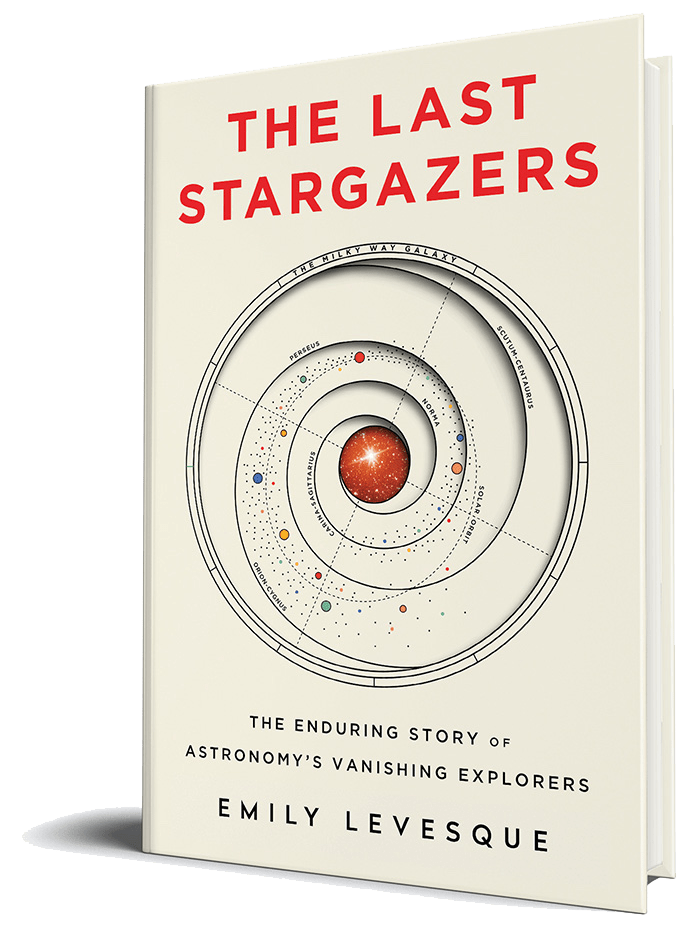
This book is a great reminder that every amazing discovery in astronomy comes from the hard work of people committed to unravelling the mysteries of the universe. It’s not always smooth sailing—there are moments when there are unexpected surprises and, yes, even some blunders. Dr Levesque shares how an out-of-nowhere volcano eruption can wreck years of hard work and wait in no time flat. And don’t even get them started on clouds—what looks like a beautiful sky to most people can send astronomers into a full-on existential crisis.
But there are also those fantastic, serendipitous moments when something incredible happens. The story that really stuck with me was about the one person who spotted a supernova with the naked eye—all because they stepped outside for a quick stretch and happened to glance up at the sky. Talk about being in the right place at the right time!
Beyond the science, she also talks about how astronomy connects to the world around us. It’s not just about studying stars and planets; it’s about understanding how these discoveries impact our ecosystem, humanity, and even our culture.
“Anyways; it’s gonna be a good night!”
As astronomers, people often ask us why we chose this field. The typical answer is that science and technology go hand in hand and that the innovations we create to study the cosmos could ultimately benefit humanity. We might even stumble upon discoveries that address significant issues. But on a more personal level, Dr. Levesque sums it up with a quote from the movie “The Red Shoes“: “Well… I don’t know exactly why… But I must.” There’s something about the passion, commitment, and dedication of an astronomer that’s truly special. There’s something about the vast cosmos that captivates you. Despite all the obstacles, this sense of excitement and enthusiasm keeps astronomers going, and it’s nothing short of inspiring.
Reading “The Last Stargazers” was an eye-opening experience. Dr. Levesque’s writing is warm and conversational, making it easy to follow. Her ability to make complex topics accessible is impressive, and her passion for astronomy shines through in every chapter. The book really nails what it feels like to be an astronomer, making you feel all the cosmic feels. Now, when someone wonders why we’re so obsessed with our jobs, we can just toss them this book and say, “Here, read this—it’ll explain everything, trust me!”
Thanks to incredible new telescopes pushing boundaries, we’re in a golden age of astronomy. While the dazzling depictions of the field can spark curiosity, it’s also essential to show the reality behind the scenes to truly capture the heart of an astronomy enthusiast. Here’s to clear skies for all astronomers!
Astrobite edited by Archana Aravindan, Sumeet Kulkarni, Ali Crisp
Featured image credit: W. M. Keck Observatory

